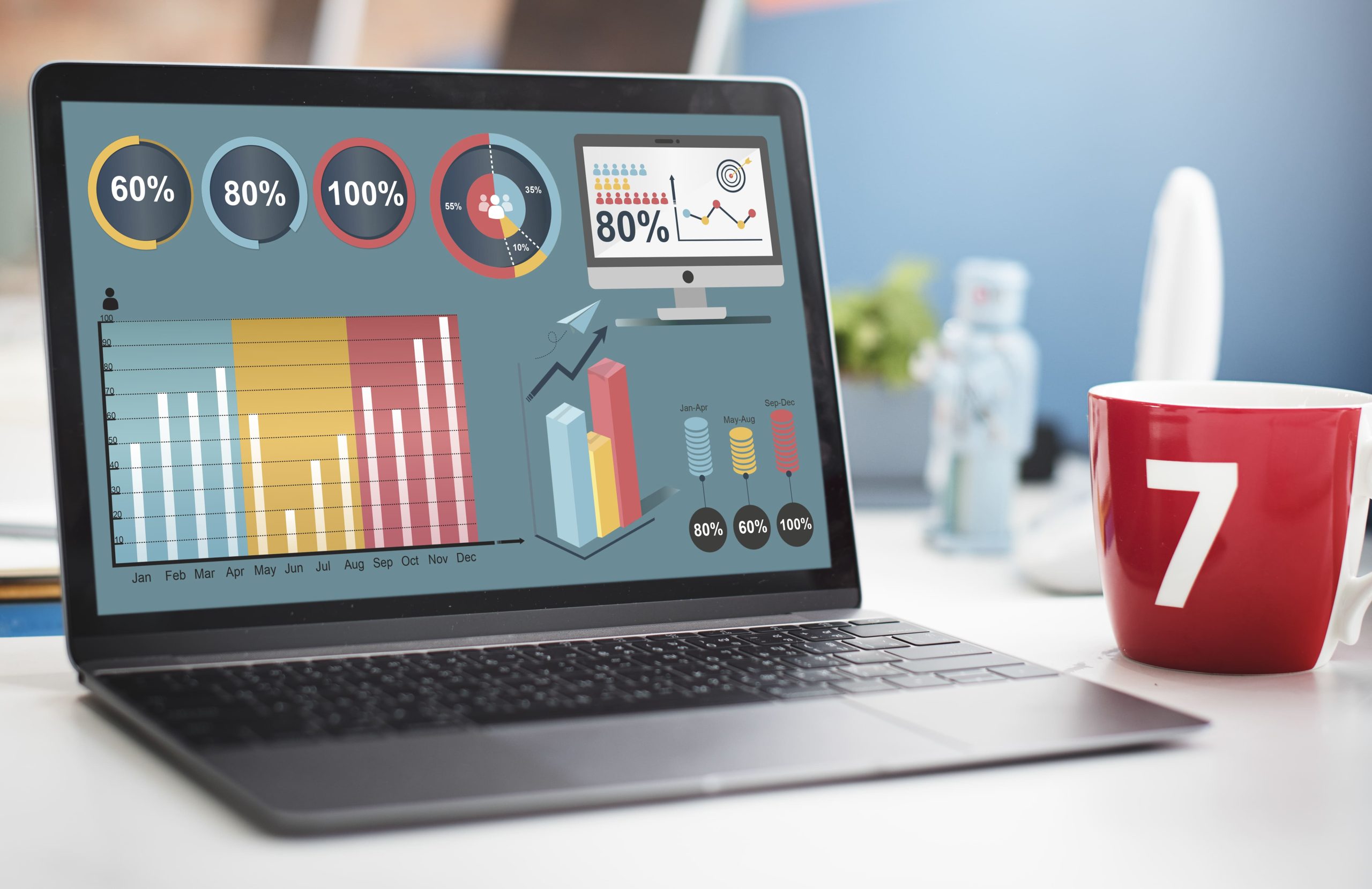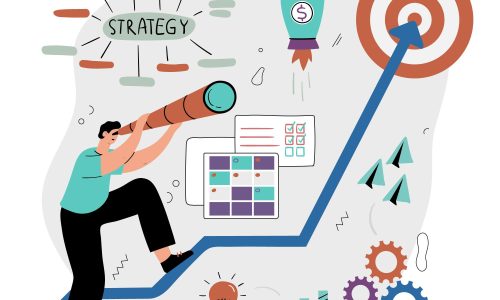- Best Software Company in UAE
- 0 Comments
- 892 Views
In today’s digital world, cyber security is a vital component of protecting our online data and identities. With seemingly constant security breaches, hacking and data theft making headline news, the importance of protecting ourselves, our businesses and our organisations against the potential threat of cyber-attacks is becoming increasingly evident. This article will explore the key considerations for securing one’s cyber presence, as well as the potential pitfalls that can come with it.
1. Safeguarding Your Digital Domain
The modern world runs on digital infrastructure, so it’s important to ensure that your digital domain is properly secure. Here are a few tips to help you do just that:
- Update Your Software Constantly – Software updates are often released to patch security flaws, so make sure to update your operating system, browser, and other software regularly.
- Create Unique Passwords for Every Account – Another important step to properly secure your digital domain is to create unique and secure passwords for each and every account you own. It’s easier to remember long, secure passwords when you use a password manager.
- Enable Two-factor Authentication – Whenever available, enable two-factor authentication for further security. It may seem inconvenient, but it’s worth the extra layer of protection.
In addition to using secure passwords, you should also practice good digital hygiene by avoiding clicking on suspicious links, downloading files from unknown sources, or giving out personal information. It’s also important to keep your computer’s anti-virus installed and up-to-date. The final step in is to use a VPN whenever you are connected to the internet. A VPN service will drastically reduce the chances of someone intercepting your data, which is essential in this day and age.
2. Defending Against Cyber Attack
Cyber attacks have become a major risks in today’s digital world. To mitigate the associated risks, businesses and individuals must take proactive steps to protect their systems and data.
- Update Software: Keeping software applications and operating systems up-to-date is essential to ensuring your systems are secure; new patches are created to patch security holes that hackers may exploit.
- Educate and Update Staff: To reduce the risk of security breaches, train staff in identifying and avoiding suspicious activities, such as clicking on malicious links and downloading any suspicious files.
- Set up Authentication Protocols: Setting up user authentication protocols for any devices and applications that are connected to the Internet will help you to protect your systems from unauthorized access.
- Install Firewalls: To further protect the network from external threats, install firewalls to monitor traffic and detect suspicious activities.
- Secure Account Details: Secure all accounts with strong passwords and data encryption, and restrict access to only those required.
- Regularly Back Up Data: As an additional safety measure, businesses and individuals should ensure they have regular backups of their data in a secure location.
Finally, it is important to have a comprehensive and reliable cybersecurity plan in place to guard against cyber-attacks. With the right measures in place, businesses and individuals can protect their systems and data from malicious cyber-attacks.
3. Protecting Privileged Data
Any business entity dealing with confidential information needs to employ the right strategies to protect privileged data. An effective security plan should be designed to keep access confined to those who need it most. By following the steps below, companies can create an effective and robust security plan.
- Set Clear Policies – Companies should create access policies centered on defining who has access to elevated privileges. Establishing procedures and protocols will help ensure users only have access to what they need to do their job.
- Unequivocally Monitor Privileged Access – With elevated privileges come the heightened risk of data exfiltration. Companies should monitor user activities and index all usage to flag any suspicious movements. All privileged user sessions should also be logged.
- Educate Employees – Those who have access to privileged data possess a great power and should be trained on the risks associated with careless access. Companies should have a process in place to update users on the latest security best practices.
- Conduct Regular Audits – Periodic internal reviews can identify vulnerabilities and any unauthorized activities, ensuring vulnerabilities and other potential threats are addressed in a timely manner.
Implementing a security plan to protect privileged data is critical to any business. The access and privilege strategy should adapt to organizational changes and evolving threat landscape to ensure the right users have access to the right data.
4. Enhancing Online Safety Strategies
Online safety concerns are one of the most pressing topics we grapple with in today’s hyper-connected world. As technology advances and more and more of us rely on the internet, it is more important than ever to take the necessary steps to ensure our online safety. Here are four tips to begin:
- Log into secure websites: Make sure to log into websites that use secure protocols. You can usually tell if a site is secure if there is an address beginning with “https://” as opposed to “http://”.
- Choose complex passwords: The use of complex passwords can be a great asset to secure your online accounts. A complex password should not be easily guessed, utilizing a variety of uppercase, lowercase and numeric characters.
- Regular audits: Making sure to regularly audit your accounts and ensure all the appropriate steps have been taken to guard your security is crucial. This includes monitoring email accounts and all other accounts linked to your information.
- Follow secure protocols: Following protocol, such as encrypting personal data, using two-factor authentication, activating firewalls and anti-virus software, and more, can go a long way in keeping your personal information safe.
It’s also important to remember that cyber criminals are always innovating, so staying up-to-date on the most recent security trends and technologies is essential for any modern business or individual user. Employing the latest security measures can have a tremendous impact on protecting against a potential cyber attack.
In the rapidly evolving digital age, cyber security is an essential cornerstone for protecting your data and information from malicious actors. With the right knowledge and guidelines, you can secure your online accounts and keep them safe from prying hands. As the internet becomes ever more essential in our everyday lives, staying aware and vigilant becomes increasingly important in staying safe online.





